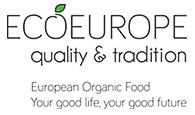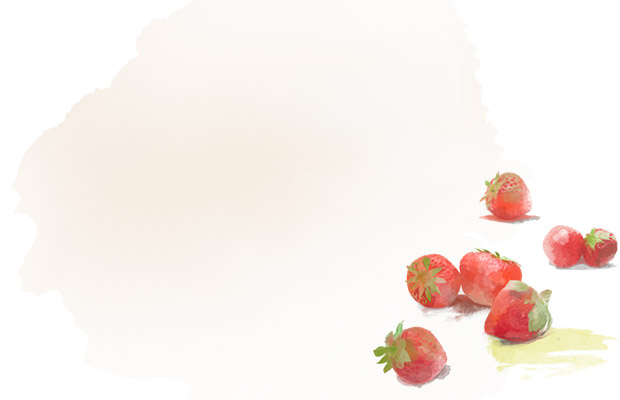Processing of organic farming products
In order to guarantee proper quality of the products labelled as “organic”, as well as ensure that it was produced according to the requirements pertaining to production as specified by relevant laws and regulations, all organic production is covered by systems of oversight. The relevant EU laws and regulations apply to all European producers, intermediaries and processors taking part in the chain of production and distribution of organic food products, from the moment the agricultural product is produced at a farm, to their placement on the market for final customers.
According to the laws and regulations in the European Union, every stage of production, starting from initial production, storage, transportation, sales and supply to the final consumer is to be monitored and certified.
Monitoring and certification applies to production units involved in processing (preparation) of organic products, including:
- units involved in packaging and/or repackaging of such products,
- units involved in labelling and/or re-labelling of such products.
The quality of organic food products is confirmed by the producer and the certification body which oversees the production process. Commission Regulation (EC) No. 889/2008 puts strong emphasis on the control system, transferring the responsibility for the integrity of organic products to the producer. The entire production process is subject to assessment by a certification body.
Based on the documents supplied, the certifying body carries out its initial assessment. During the inspection, the producer is obliged to submit all procedures pertaining to transportation of products, as well as recipes and copies of suppliers’ certificates to the certification body.
If the certifying body approves of the plants and technological processes, as well as the purchase of organic materials, the production unit is granted a certificate and may start processing organic products on the date of issue. Follow-up audits take place at least once a year.
Processing
The primary objective in the processing of organic products is to maintain as the highest possible level of nutritional and biological value of the primary substracts.
Organic products are processed in such a way as to maintain the essential characteristics of the product at all stages of production. The preferred methods are the biological, mechanical and physical methods of treatment of the raw materials (grinding, heating, fermentation).
The substances and processing methods which are not used are those which:
- alter the initial composition and character of the output products, recreate the properties lost during processing and storage,
- repair the effects of negligence arisen in the processing
- mislead as to the true character of the product.
The following are excluded:
- exposing the products to ionizing radiation
- chemical treatment of food products
- creating food products from isolated components of foodstuffs
- the use of genetically modified organisms (GMOs) and their derivatives.
Additional substances
The only permissible technological additives in the organic food processing are those few substances which are listed in Annex VIII of the Regulation (EC) No 889/2008 of 5 September 2008 establishing detailed principles for the implementation of Council Regulation (EC) No 834/2007 on organic production and labeling of organic products in relation to organic production, labeling and control (OJ L. 250 of 09.18.2008 1) with subsequent amendments.
The substances in use are:
- preparations from micro-organisms, and enzymes normally used in food processing
- natural flavoring substances or natural flavoring preparations
- potable water and salt normally used in food processing.
The synthetic food additives which are excluded are the following:
- artificial coloring agents
- preservatives
- antioxidants
- antibiotics
- artificial sweeteners
- flavor enhancers
- bleaching substances
- extraction solvents
- other synthetic substances.







